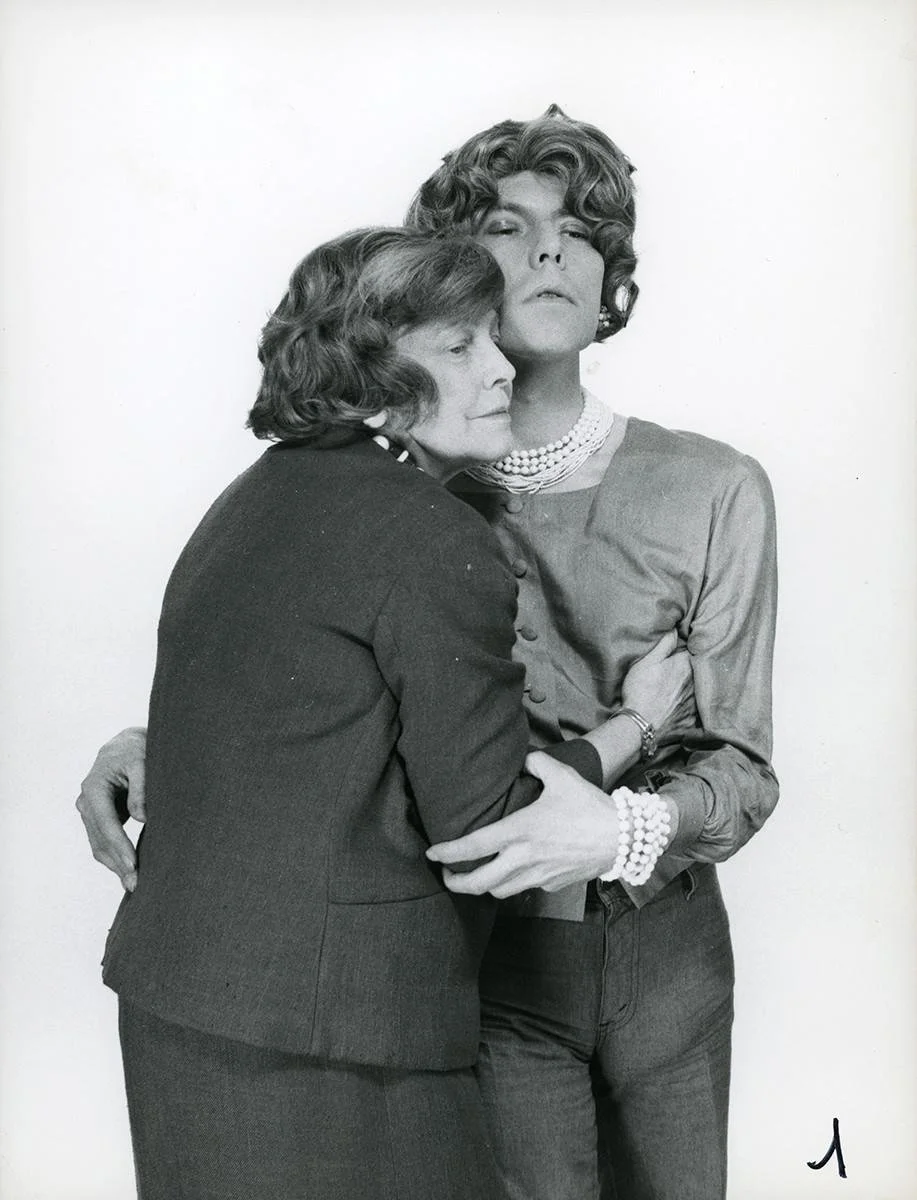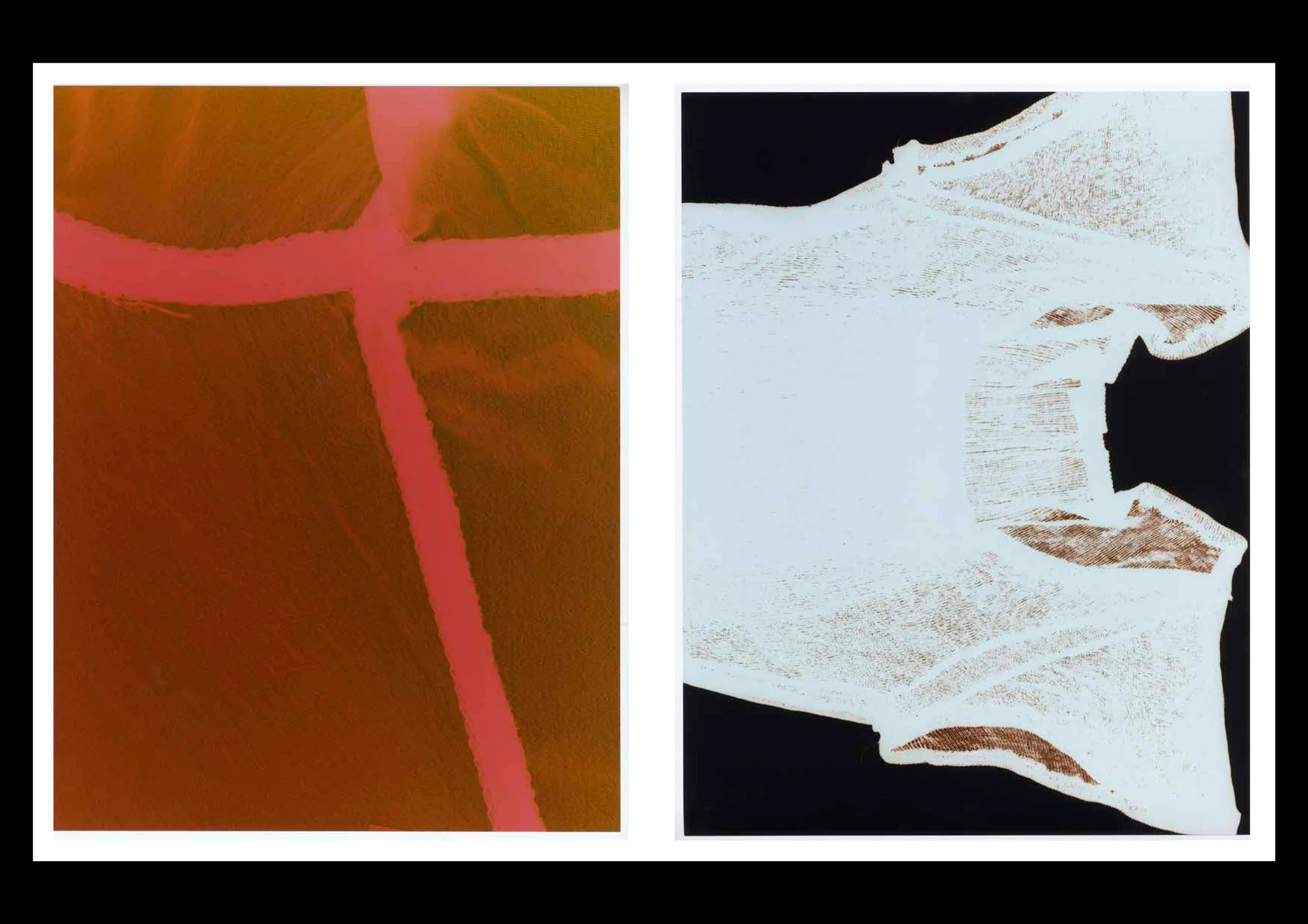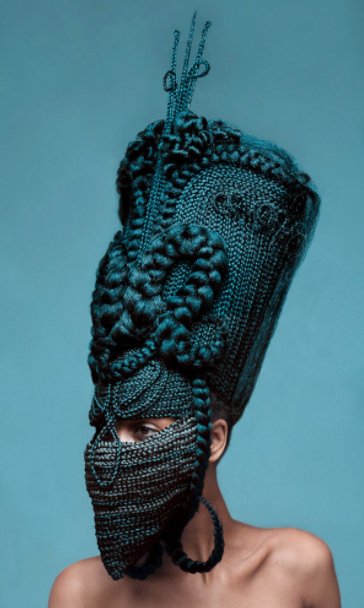Parallel Lines – À Partir d'Elle
Michel Journiac
Text: Federica Belli
Some exhibitions are defined as groundbreaking for their humble yet accurate exploration of a taboo topic, some are seen as pivotal for having given a voice to someone who didn’t have one. Some revolve around an experimental exhibition design or quirky captions to go along with the photographs. Some exhibitions are groundbreaking because they go beyond any expectation, bringing together all of the above. This is the case of a show like À partir d’elle (to be translated as Starting from her…), on view at Le Bal in Paris until February 25th.
Complex analysis of a humble yet largely overlooked topic, it explores the fundamental role of the motherly love in shaping the work of some of the most renowned contemporary photographers. Well aware of the many ways a mother change the course of her son’s life, the curator neglects the childhood itself and rather focuses on what remains of that influence in the practice of photographers once grown up. The collection of works reveals a connection which goes deeper than the instinctual representation of what can be seen as the most important figure in human life, rather introducing the viewer to visceral relationships and sometimes unexpectedly haunted feelings towards the motherly figure.
Widely considered particularly sensitive people, artists tend to carry in their practice scars and peculiarities which might otherwise go unnoticed–and they often do so in unconscious ways. Roland Barthes, one of the departure points for the curator’s imagination, was well aware of such subtle influences and suffered deeply for the impossibility of photographically representing her mother’s identity in her entirety. His inability to truly recognise her in any photograph ever taken of her haunted him till the end of his days.
A specular attempt to really capture the essence of a mother can be glimpsed in Michel Journiac’s embodiment of his mother, a process of becoming and unbecoming the most important woman in his life achieved first by wearing her clothes and accessories only to then portray himself as his mother. The study of small discrepancies between himself, him-as-his-mother and his actual mother leads the viewer to the final reunion of mother and son-as-his-mother, in an image that results as disturbing as sweet.
Lebohang Kganye
Even more subtle and delicate, Lebohang Kganye retraces photographs of her mother’s youth in an attempt to become her, to wear similar clothe, to assume the same postures and facial expressions. The artist then touchingly elaborates double exposures in order to tiptoe in her mother’s life by entering the photographs she started the exploration from, leaving the viewer with the sensation of being confronted with a ghost–or maybe two.
Rebekka Deubner
Once again centred on clothes and vestiges, the mourning of Rebecca Deubner brings her to develop a sort of visual sculpture by scanning, right after her mother’s death, the pieces of clothing she used the most. The apparently lighthearted and comforting colours, combined with the geometry of the installation, guides the observer on a completely mistaken path, only to later realise the depth and necessity of Deubner’s work.
While tears have most probably been solicited for each and every visitor to the show, even the most coldhearted will crumble down before the universally human Prayer to my mother by Pier Paolo Pasolini:
It’s so hard to say in a son’s words
what I’m so little like in my heart.
Only you in all the world know what my
heart always held, before any other love.
So, I must tell you something terrible to know:
From within your kindness my anguish grew.
You’re irreplaceable. And because you are,
the life you gave me is condemned to loneliness.
And I don’t want to be alone. I have an infinite
hunger for love, love of bodies without souls.
For the soul is inside you, it is you, but
you’re my mother and your love’s my slavery:
My childhood I lived a slave to this lofty
incurable sense of an immense obligation.
It was the only way to feel life,
the unique form, sole color; now, it’s over.
We survive, in the confusion
of a life reborn outside reason.
I pray you, oh, I pray: Do not hope to die.
I’m here, alone, with you, in a future April…










